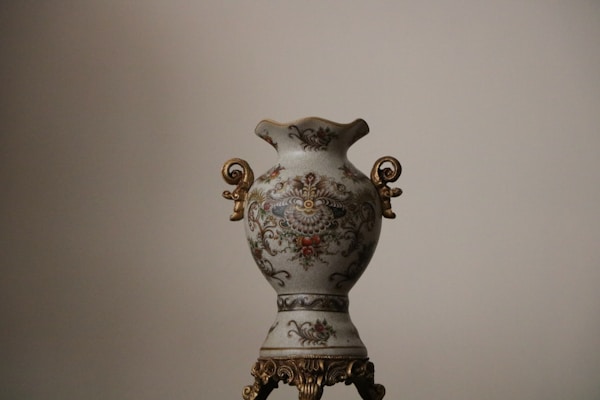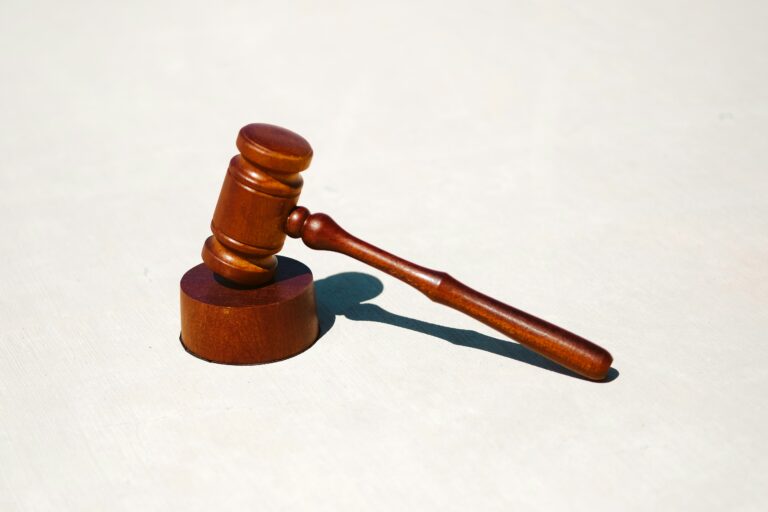When it comes to the topic of cremation vs burial, there are a few things to consider. Both have their own unique benefits and drawbacks, so it’s important to think about what’s most important to you before making a decision. From the cost of cremation to one’s personal preference, there are many different elements to keep in mind.
Cremation

One of the benefits of cremation is that it’s typically a more affordable option than burial. It’s also a more environmentally-friendly option, as the body is not taking up space in a cemetery and there is no need for a casket. Additionally, if you choose to scatter the ashes, you can do so in a variety of places, including oceans, rivers, and mountains.
If you choose to bury them, they can be buried in a cemetery or at home in a special urn. You’ll also find a variety of unique options for preserving ashes, including jewelry, paperweights, and more.
Burial
One of the benefits of burial is that it’s a more traditional option and some people find it to be more comforting. It’s also a more environmentally-friendly option than cremation, as there is no need to burn any fuel to cremate the body. Additionally, if you choose to bury your loved one at a cemetery, there are a variety of options for memorialization, including headstones, benches, and trees.
However, one of the drawbacks of burial is that it can be more expensive than cremation. It also takes up more space than cremation, so if you’re limited on space, burial may not be the best option for you.
Comparing the Costs

The cost of cremation is typically much less expensive than the cost of traditional burial. This is because the process of cremation is less labor intensive and does not require the use of a casket or burial vault. However, the cost of cremation can vary depending on the location and the type of services that are chosen.
Some people choose to have a funeral service before the cremation, which can increase the cost. Others choose to have a memorial service or a graveside service after the cremation, which can also increase the cost. Many people choose to scatter the ashes of their loved ones in a favorite spot or to bury them in a cemetery. However, some people choose to keep the ashes in an urn. If the ashes are kept in an urn, they can be stored in a home, a cemetery, or a columbarium.
Other Comparisons
When considering cremation or traditional burial, cost is just one element to consider. You’ll also want to think about what you want to happen to your remains after you die.
Another factor to consider is the environmental impact of your choice. Cremation is considered more environmentally friendly than traditional burial, because it doesn’t require the use of embalming fluids or a casket. Embalming fluids are typically made up of formaldehyde, which can be harmful to the environment. Caskets are often made of wood or metal, which can take centuries to decompose. By cremating a body, it eliminates the need for a casket and the formaldehyde in the embalming fluids.
However, there are some things to consider when opting for cremation. The process of cremation emits carbon dioxide and particulate matter into the air, which can be harmful to the environment. If you’re concerned about the environmental impact of cremation, there are ways to offset it.
If you’re interested in preserving your remains, cremation might be a better option. You can have your ashes stored in an urn or scattered in a special place. With traditional burial, your remains are buried in a cemetery and likely forgotten over time.
When making your decision, be sure to weigh all of the pros and cons of cremation and traditional burial. Cost, environmental impact, and personal preferences should all be considered.




